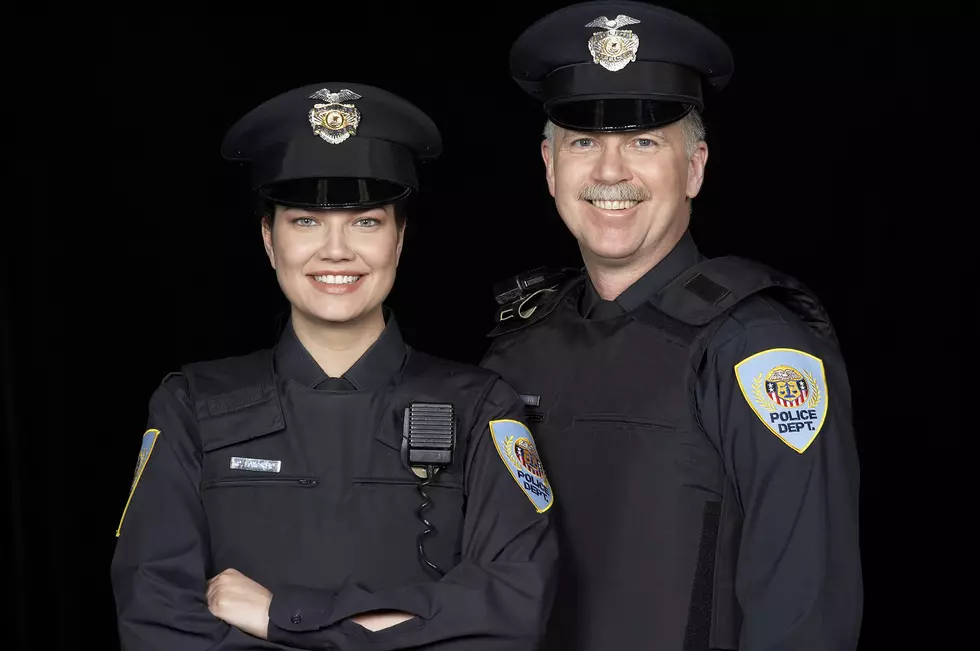
Should NJ lower the bar for female police fitness?
TRENTON — When attempting to learn the root causes of a reported uptick in the percentage of females failing police fitness tests in New Jersey, state lawmakers heard from a number of women in law enforcement who believe that physical fitness requirements should remain the same for both men and women.
A state Senate committee listened to about two hours of testimony as part of a planned hearing in response to statistics published by the Asbury Park Press that show a widening gap between the percentage of males and the percentage of females who meet the physical demands in order to become a certified cop in the Garden State.
In 2017, according to the report, 31% of aspiring female cops failed the physical test in 2017, and 18% in 2018, compared to a fail rate of 2% for men in both years. These years, the report said, followed a shift in testing rules that gave individuals a shorter amount of time to pass the physical exam.
"It has been suggested that lowering standards for female recruits would alleviate the problem. I wholeheartedly do not believe that any standards for female recruits should be lowered," Jessica Plumeri, deputy chief of detectives for the Mercer County Prosecutor's Office, and a certified physical training instructor for the New Jersey Police Training Commission, told the Senate Law and Public Safety Committee.
Plumeri could not identify a reason for a worsening success rate among females, but said the overall quality of recruits — male or female — has declined over the years. Most individuals who come into the academy, she said, are "not adequately prepared for the strenuous physical training" required to become an officer in New Jersey.
Among the exercises expected of a recruit are a 1.5-mile run in under 16 minutes, 24 push ups in one minute and a vertical jump of 15 inches.
"It is often said that becoming a police officer is earned and not given. In that sentence there is no differentiation between male and female," Plumeri said. "Lowering standards would not only undermine all that female police officers have worked for, but it could be potentially detrimental to the community that we serve."
Plumeri's concerns of applicants' preparedness were echoed by Major Jeanne Hengemuhle with the New Jersey State Police.
"If you want to be a law enforcement officer, you should look to see what the requirements are," Hengemuhle told the panel. "It's not a secret."
In the State Police system, a physical test must be successfully completed before one can be cleared for the academy. The Physical Qualification Test consists of sit ups, push ups and 1.5-mile run. Applicants must also prove a certain degree of skill at swimming.
"This job is mentally and physically demanding. We don't hand them pens and papers, we give them guns and badges," Hengemuhle said. "They are going to be expected, no matter what sex they are, to perform at the same level."
But according to Ivonne Roman, police captain in Newark, the state's current standards have a "masculine ideal" and are "not based on science." She told the panel there is an overemphasis on upper body strength "that's never been validated as work related," and New Jersey could face legal issues as a result.
"I never had to get into a pushup contest with a suspect before I placed him in handcuffs," Roman said, referring to comments she had originally made in the APP report.
More from New Jersey 101.5:
Contact reporter Dino Flammia at dino.flammia@townsquaremedia.com.
More From New Jersey 101.5 FM









